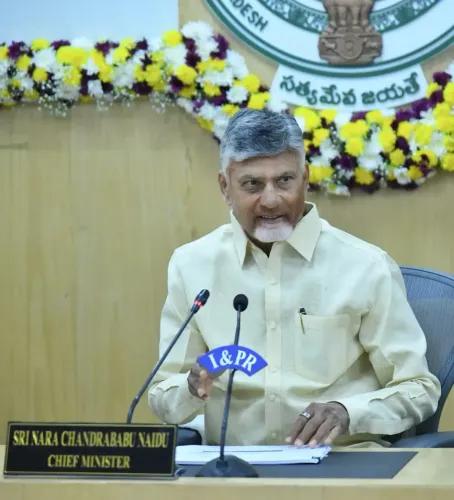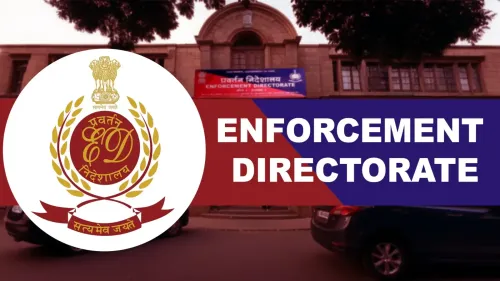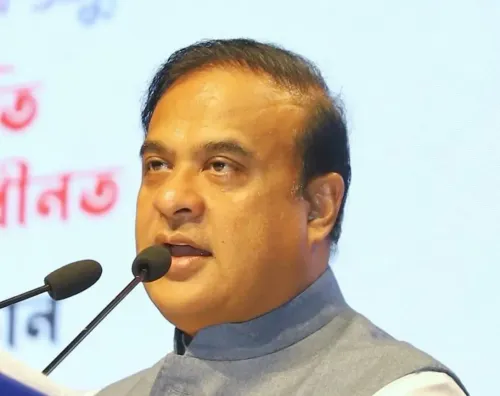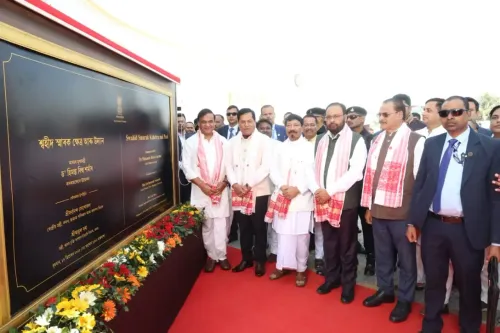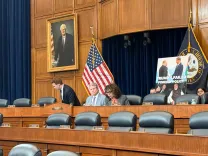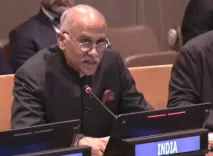National Conference Challenges Waqf (Amendment) Act in Supreme Court
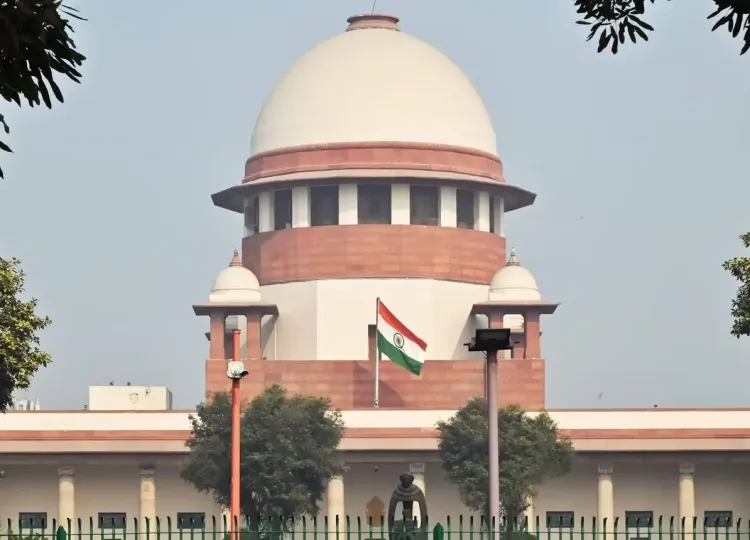
Synopsis
Key Takeaways
- National Conference contests the Waqf (Amendment) Act, 2025.
- Petitioners argue it violates minority rights under the Constitution.
- The Supreme Court will hear related petitions on April 16.
- Hindu Sena supports the act, asserting it protects non-Muslim interests.
- Congress plans to challenge the act, calling it unconstitutional.
New Delhi, April 11 (NationPress) The National Conference (NC), the governing party in Jammu and Kashmir, has approached the Supreme Court to contest the constitutional legitimacy of the Waqf (Amendment) Act, 2025.
In their submission, various party MLAs, including Arjun Singh Raju and Hilal Akbar Lone, contend that the controversial legislation infringes upon the fundamental rights of minorities and the principle of equality enshrined in the Indian Constitution.
Meanwhile, a panel comprising Chief Justice of India Sanjeev Khanna and Justices Sanjay Kumar and K.V. Viswanathan is scheduled to review a series of petitions contesting this contentious law on April 16, as noted in the cause list available on the Supreme Court's website.
Multiple petitions have been lodged with the Supreme Court disputing the constitutionality of the recent modifications made to the Waqf Act.
On Wednesday, Hindu Sena submitted an intervention application to the apex court endorsing the Waqf (Amendment) Act, 2025.
“No rights of any member of the Muslim community have been violated. In fact, the unamended provisions of the Waqf Act, 1995, have significantly harmed the rights and interests of non-Muslim community members, as per Section 3 in conjunction with Section 40 of the Waqf Act, 1995, which resulted in the appropriation of non-Muslim properties by the Waqf board,” stated the application filed by the National President of Hindu Sena.
The application further claimed that the amendments would ensure justice for non-Muslims whose properties have been seized or alleged to be Waqf properties.
Following the passage of this legislation in both Houses of Parliament last week, the Congress party declared its intention to contest the Waqf (Amendment) Bill (which has now become an Act following Presidential assent) in the Supreme Court, asserting that it constitutes an assault on the fundamental framework of the Constitution and aims to “polarize” and “divide” the country along religious lines.
Conversely, the government has asserted that millions of economically challenged Muslims stand to gain from this legislation, which purportedly does not harm any individual Muslim.
Minority Affairs Minister Kiren Rijiju stated that the law does not interfere with Waqf properties, emphasizing that the Prime Minister Narendra Modi-led administration operates with the vision of 'Sabka Saath and Sabka Vikas'.
Others, including Asaduddin Owaisi of AIMIM, the Association for Protection of Civil Rights, AAP leader Amanatullah Khan, Maulana Arshad Madani from Jamiat Ulema-i-Hind, the All India Muslim Personal Law Board (AIMPLB), the Social Democratic Party of India (SDPI), Indian Union Muslim League, Taiyyab Khan Salmani, and Anjum Kadari, have also filed petitions challenging the constitutional validity of the Waqf (Amendment) Act, 2025.
The notion of ‘Waqf’, grounded in Islamic laws and customs, pertains to an endowment established by a Muslim for charitable or religious objectives, encompassing mosques, educational institutions, hospitals, or other public entities.


